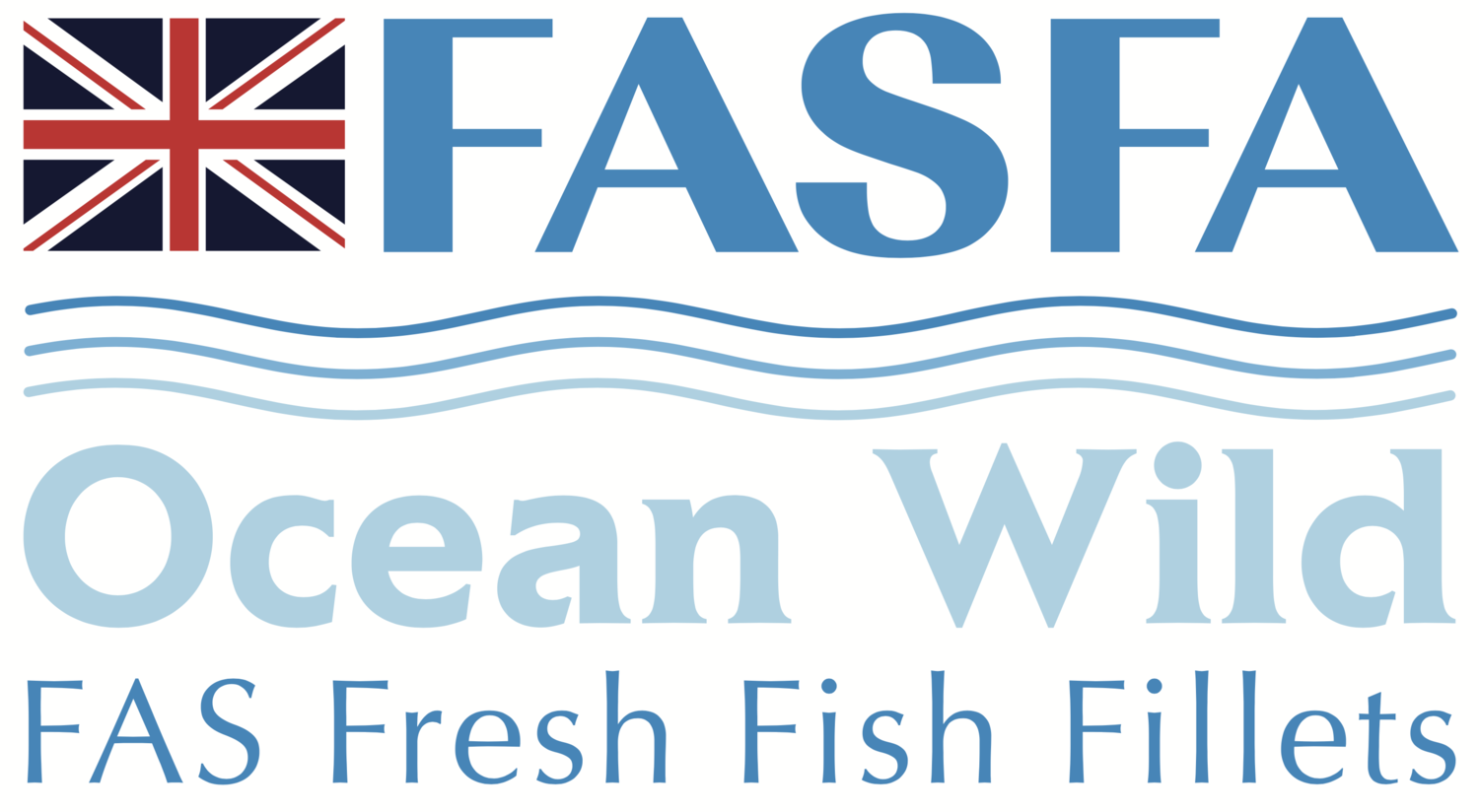FASFA welcomes the recent announcement of the Barents Sea quota allocation for 2024.
The Frozen At Sea Fillets Association (FASFA) welcomes the recent announcement of the quota allocation for the Norwegian and Russian bilateral agreements.
The cod and haddock on which British Fish and Chip shops depend on are sustainable and harvested in a responsible manner, backed by rigorous scientific research. Coming from the deep cold clear waters of the North Atlantic and the Barents Sea, these are the biggest cod and haddock stocks in the world and the greatest source of supply to the UK market. These stocks remain healthy and are thriving.
To bring some facts and clarity to fruition, it’s important to highlight that cod and haddock fisheries are continuously subject to careful and scientific management which helps ensure their health and sustainability. This is achieved by all the partners within the supply chain being united and working together. It is where we see some of the strongest collaborative work in bringing together science and industry to achieve a shared goal to safeguard the future of this valuable resource.
The cod and haddock biomass in the North Atlantic has been close to its historical highs in recent years, we are therefore seeing a reduction in the quota for 2024. This is a cautionary measure to adapt to natural fluctuations in the cod and haddock stock. We are pleased to say that the biomass and the quota for 2024 still remain above historical averages. The quota for cod will be 453,427 MT and haddock 141,000 MT for 2024.
Russian scientists are currently temporarily suspended from participating in working groups within ICES. Therefore, quota advice for the shared stocks in 2024 was developed by the bilateral working group between the Institute of Marine Research and the Russian research institute VNIRO. The working group adhered to the methodology and framework employed by ICES for stock assessment and recommendations. As part of this treaty, the two nations have agreed on a joint Norwegian-Russian research program for 2024.
Julie Waites, Executive Director of FASFA said:
“‘ Norway and Russia have a longstanding and comprehensive research partnership concerning living marine resources and the ecosystem in the Barents Sea The scientific advice and bilateral agreement between Norway and Russia ensures the fisheries are healthy and sustainable.
FAS fillets are caught in line with scientific and legislative recommendations, so you can be sure that cod and haddock can be eaten with a clear conscience now and in the future.’’
